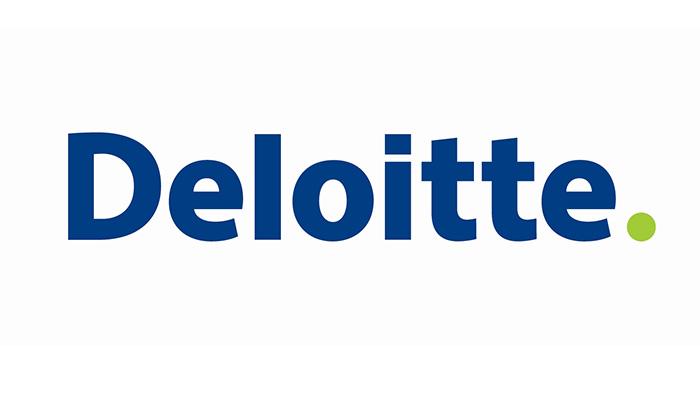
Deloitte: Beyond “Big Data”, it is time to think about “iData”
The rapid pace of digitization means that the world today is markedly different to 20 years ago when only 1% of the global population had an internet connection. Forty percent of people around the world had access to the internet in 2015, and in the majority of the Middle East countries, internet penetration is higher than the global average.
This new technological era means that businesses face a changing landscape where traditional ways of thinking, producing, and consuming data are being revolutionized. In his talk titled “Digitization of Industries” at the inaugural Beirut Digital Space event, Dr Hassib Jaber, Consulting Leader for Deloitte in Lebanon highlighted new emerging trends, including the move from Big Data to iData.
“In the world of commerce, the fusion of IT with the working environment means a number of emerging trends are transforming “business as usual” across industries, functions, and geographies,” explained Dr Jaber. “Today the world is buzzing with all sorts of topics related to “Big Data”, based on the context of institutions in the private and public sectors, but for Deloitte there is a firm belief that the individual data, what is known as “iData”, should also be front and center. The question is how can this data be sourced, organized, and presented in a secure way that works for the “I” of the individual? This is the challenge of the future.”
The Deloitte presentation depicted how the adoption of technology has reached a point where people are no longer considered passive spectators but active players and consumers are increasingly active participants in the industrial process, becoming inseparable from “producers” of content, data, and even physical products. Amid this backdrop, personalization and customization of products has become more readily available, and consumers are increasingly apt to engage in the creation, or at least the conceptualization, of the products they buy. Manufacturers have also reconfigured their own business models in a way that helps them take advantage of the product-as-a-service concept, as seen with globally successful models such as Airbnb and Uber.
In response to more highly engaged customers, retail companies are defying convention, revitalizing stale consumer industries and inventing new ones changing the way people live their lives.
“At the same time the proliferation of digital technology is giving consumers access to an unprecedented amount of product information influencing their buying decisions,” concludes Jaber. “Specifically, in the retail industry, not only is more information available, consumers are increasingly accessing this information, and doing their own “homework” before visiting a retailers’ venue to make their purchase.”

























